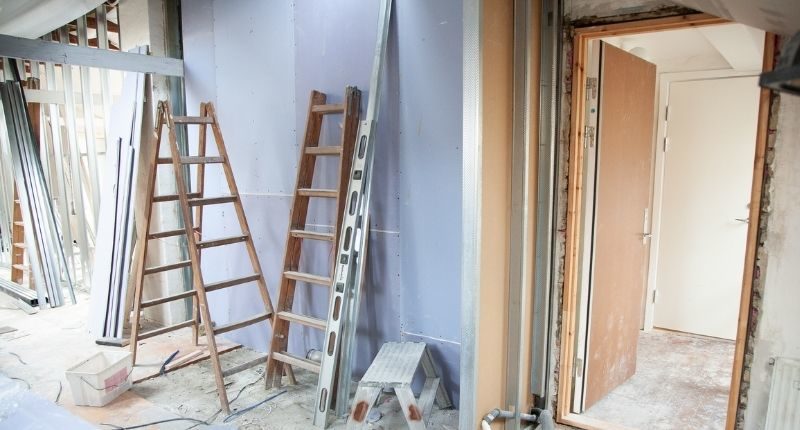- Transaction expenses and price deceleration increase risk of loss in short term resales
- Houses favoured over units due to scarcity value
- Buyers should act with due diligence, says Pete Wargent
As the property market continues to go from strength-to-strength, buyers are cautioned against buying to flip under the guise of making a quick buck.
Pete Wargent, co-founder of BuyersBuyers, said buyers tend to pursue fast gains during the market cycle peak and expects the trend to continue in the current peak.
However, Mr Wargent warns buyers to be mindful of the risks associated with flipping a property during a hot market, including high costs of trade work and materials.
“The media headlines have reported such trends lately in the U.S. as speculators have turned to online apps and algorithms to help them flip properties quickly, hopeful of a quick profit, but shortcomings in the models and processes have seen many come unstuck.”
Pete Wargent, co-founder of BuyersBuyers
Mr Wargent remained confident in the value of technology and algorithms in assisting buyers in choosing areas to buy into and obtaining property valuations, but maintains that purchasing property is a more complex process.
“Real estate is a local asset, and buyers need to follow a systematic process when buying, ensuring they cover off all of the required due diligence,” he said.

Transaction costs emptying wallets
CEO of Riskwise Property Research Doron Peleg said one such risk associated with renovating to sell is transaction costs.
These costs are acquired during purchase and sale and can include stamp duty and agent’s fees, making property resale an expensive venture.
According to Mr Peleg, 5 to 10% of properties are sold for a nominal loss despite the average duration of property ownership trending upwards.
“Recently due to low stock levels owners have feared being unable to execute a suitable move, and the average holding period for houses is now more than a decade across most parts of Australia.”
Doron Peleg, CEO of Riskwise Property Research
Mr Peleg said while most nominal losses recorded in the statistics fall under new property purchases that have depreciated over time, it can also often refer to fast resales.
“For units and apartments around the country, more commonly the purview of younger buyers and investors, the average holding period has been typically somewhat shorter.
“Here too, however, the average tenure of ownership is longer than it once was, with the average holding period for units in the two most mature capital cities, Greater Sydney and Melbourne, now being close to a decade,” Mr Peleg said.
He added that the increasing holding length trend has provided risk reduction for owners, and cautions property flippers to be aware of the costs involved with short term resales.
Houses favoured over units
According to Mr Wargent, houses have typically outperformed units across Australia in terms of capital growth, citing a shortage of prime location land.
Mr Wargent added that houses on the market are scarce especially in sought-after areas close to capital cities.
In contrast, units are often in oversupply and perform poorer than houses as a result of lacking scarcity value.
“Annual rates data show that where owners have retained property for 10 years or more the risk of loss on resale is dramatically reduced.
“Focus on properties with a scarcity value, a high land value content – detached houses where the budget permits for the location you’re interested in – and take a longer-term view,” Mr Wargent said.
Price growth steadying, compounding risks
Mr Wargent expects the property market to remain strong into 2022, however emphasised that the rapid price growth seen during the market peak will continue to decelerate as listings rise and competition thrives.
He added that buyers should not be discouraged from entering the market altogether, but should avoid complete reliance on algorithms if employing a flipping strategy.
“The statistics show that a well-executed purchase at the right price with a properly carried out due diligence process, combined a reasonable time horizon, will greatly reduce or eliminate the risk of capital loss,” Mr Wargent concluded.








